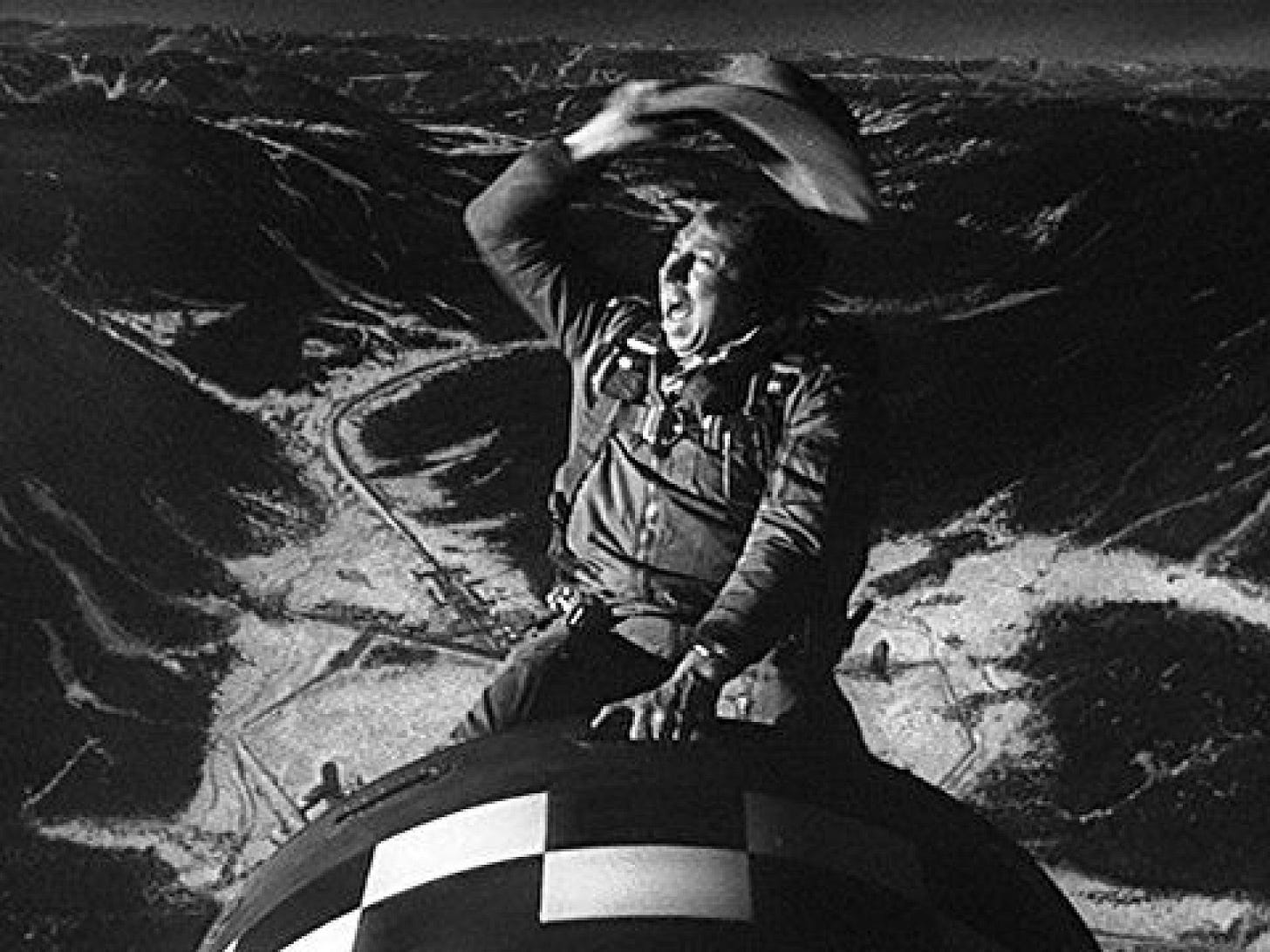Irrational Irrationality
If you assume that people are rational and self-interested, it is hard to explain why they vote. This is because the odds of being electorally decisive are always very low. A rational and self-interested actor would conclude that by voting he was wasting his time. One solution is to compromise on the assumption of self-interestedness. Because the altruistic upside of deciding an election is so much larger than the self-regarding upside, even a small probability of being electorally decisive can make voting rational if you are not purely self-interested.
Bryan Caplan suggested another way of resolving the paradox of voting, which he called "rational irrationality". He said that in some situations epistemic rationality (i.e. rationality in the sense of correct reasoning) and instrumental rationality (rationality in the sense of correct decision-making, "rationality is winning") can come apart from each other. It might be instrumentally rational for a baseball player who is past his prime to ignore that fact and somehow trick himself into believing he is still in his prime. Caplan's model holds that we can understand much political action as instrumentally rational if we take the ends aimed at to be the psychological gratification of the political actors in question. This model also purports to explain why politics seems to melt people's minds; when engaging in politics, according to Caplan, it is instrumentally rational to be epistemically irrational.
I feel this model is psychologically unrealistic. Can you just decide to believe things because you feel it would be gratifying? I certainly can't. Presumably this is supposed to happen at some subconscious level--but that seems pretty hard to prove. It also seems inappropriate to totally separate epistemic and instrumental rationality in this way. In order to act appropriately, you need knowledge. Maybe you can add an epicycle about how people have a very good sense of when they can get away with suspending epistemic rationality vs when they can't. But what is the mechanism, there?
But, bracket these doubts about rational irrationality in general. The applicability of the model to political elites when it comes to global catastrophic risks seems testable to me. That is because, while politicians and other important political actors are normally insulated from the consequences of their bad choices, this is much less true when it comes to global catastrophic risks. So, the rational irrationality model (at least as I understand it) predicts that when the self-regarding stakes get to be sufficiently high, political elites will shape up.
Does that sound right to you?
We just had the worst pandemic in a century. As of right now, essentially zero public sector effort is being directed at preventing future pandemics. And various kinds of research with negligible benefits that pose a serious risk of accidentally causing future pandemics are being allowed to continue, despite the fact that even supposedly high security labs leak all the time. Whether or not COVID-19 itself came from a lab (though, for what it's worth, I think it probably did), this doesn't look very instrumentally rational to me. Politicians could die in a future pandemic, just like anybody else.
How about nuclear weapons? I think here the issue is not as blatantly obvious--but I have to say I'm not thrilled with the various governments of the world's performance.
The Chinese people are not to be cowed by U.S. atomic blackmail. Our country has a population of 600 million and an area of 9,600,000 square kilometres. The United States cannot annihilate the Chinese nation with its small stack of atom bombs. Even if the U.S. atom bombs were so powerful that, when dropped on China, they would make a hole right through the earth, or even blow it up, that would hardly mean anything to the universe as a whole, though it might be a major event for the solar system.
Mao Zedong, a man whose rationality when it came to global catastrophic risks was at least open to question.
Besides rational irrationality, what other explanations are there for political elites' failure to take catastrophic risks sufficiently seriously? A few popular ones are free-riding and bad values (in particular, non-zero discount rates). I think both of these explanations have their place. But I think the main explanation is probably something like: politicians just do not think in these terms. They are unaware of the relevant empirical facts. If they were aware, it would be a big break from their normal routines of thought and action to respond adequately to those facts. People like routine. These issues are not that widely thought about in our culture, especially compared with controversial political issues.
On top of that, thinking about these issues can be upsetting. I remember once seeing a bird with damaged wings. It couldn't fly. When a group of people crowded around it, it was obviously scared, but it couldn't fly away. So it turned and faced a wall. If it didn't have to look at the people, it didn't feel as scared, even though that obviously did not solve the underlying problem. I think human psychology also works this way.



